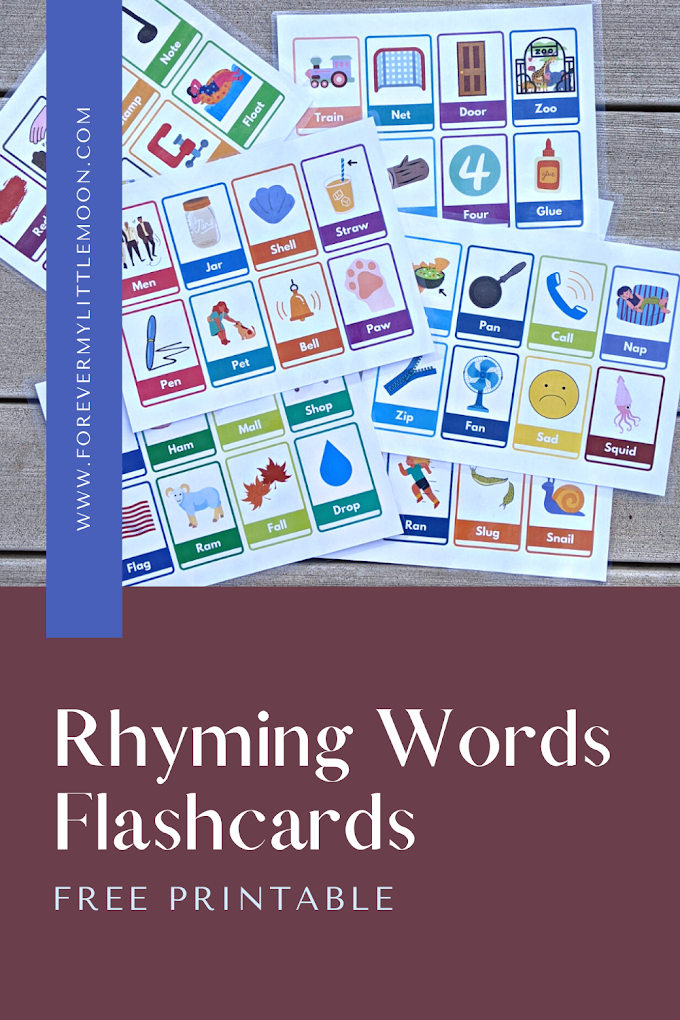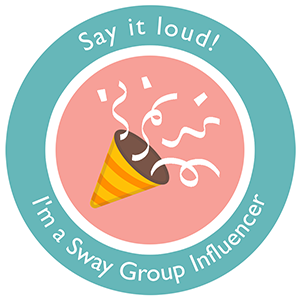Disclosure
Affiliate links are used in this post. You can read my full disclosure here.
What is Unwanted Advice?
Unwanted or unsolicited advice is advice given without asking the other person's permission first.
For example: Say someone complains about their hospital bill: "I was charged $10,000 for the birth of my child." And a friend or family member jumps in with: "Oh have you contacted your insurance? They should cover that."
Why Do People Give Unsolicited Advice?
There are some good and bad reasons why people give unsolicited advice. In my personal experience, the bad reasons tends to outweigh the good.
Let's start with the good reasons why someone gives unsolicited advice. They want to be helpful, friendly or sometimes they are just excited, either to share what worked for them or to share their knowledge.
Behind these good intentions, however, are some bad reasons why people give advice: Neediness, power, drama, and judgment.
Neediness and power play into each other. A person who gives advice without being asked is seeking attention. They want to feel valued, needed, and important. When a person gives advice it often makes them feel powerful. Basically, they feel they know more or better than you. They are secretly bettering themselves while putting you down all behind the guise of being helpful.
Then there are others, the drama crowd, that offer advice simply because they know it will create a debate or argument. They are seeking ways to create tensions and fights all for their own amusement. The internet refers to these people as "trolls."
Finally, some people offer unsolicited advice because they want to change you or your behaviors. They are judging your character and looking for ways to improve you.
How Does Receiving Unsolicited Advice Feel?
While giving advice often makes the giver feel great about themselves, it often has the opposite effect for the receiver. I can only speak from my experience, but I am sure many have felt the same.
When someone gives me advice when I am not asking for it, it makes me feel unheard and belittled. As I mentioned before, often when people complain without asking for help, it's because they want to vent. They want someone to hear their problems. They don't exactly need a response. Sometimes your presence is all they require.
People who give unsolicited advice come off as egotistical. They are the know-it-all who is trying to put you down, or at least that is how it feels to me, the receiver. They assume you have not done any of the research yourself or have not tried something that seems obvious.
Making assumptions is the major problem with giving unwanted advice. Let's go back to that example I had in the beginning:
- Person A: "I was charged $10,000 for the birth of my child."
- Person B: "Oh have you contacted your insurance? They should cover that."
Person B right away assumed their friend had not contacted their insurance.
Let's say Person A had already done that, but their insurance turned them down because they were out of network or maybe the birth was partially covered, but they still owed $10,000. Now Person B looks like an ass and Person A probably feels unheard and put down. They just wanted their friend to be understanding and supportive. Maybe they were looking for more of a: "Damn that sucks" or "I'm sorry. Let me know if there is anything I can do to help." Or maybe they simply just need a listening ear or a hug.
Wait? So When Can I Give Advice?
The answer is very simple: when someone asks.
Let's return to the expensive childbirth example: "I was charged $10,000 for the birth of my child." Now, let's add to it: "Our insurance won't cover it and I can't afford this. Is there anything I can do?" That simple question is an invitation for their friend or family member to offer their advice or suggestions.
Those who truly want to help will listen to their friend's problems and wait for an invitation to offer their suggestions. However, if you really want to offer advice and your friend has not asked you for it, there is another option and that's to ask them.
How to Stop Giving Unwanted Advice? ASK!
If your friend or family member comes to you to complain or vent, but does not outright ask you for your help, instead of jumping to giving advice that they may not want at the moment, ask first!
Here are some ways you can ask:
- How can I help you?
- Would you like my advice?
- May I offer my opinion?
- Is there anything I can do for you?
- What do you need from me?
- What can I do to help?
Remember, your friend or family member is free to say no. If they say no, respect their no. Do not force your suggestions or advice onto them. Be the listening ear they need or the physical presence they need to feel heard, understood, and comforted. If they want your advice, they will ask for it.
















